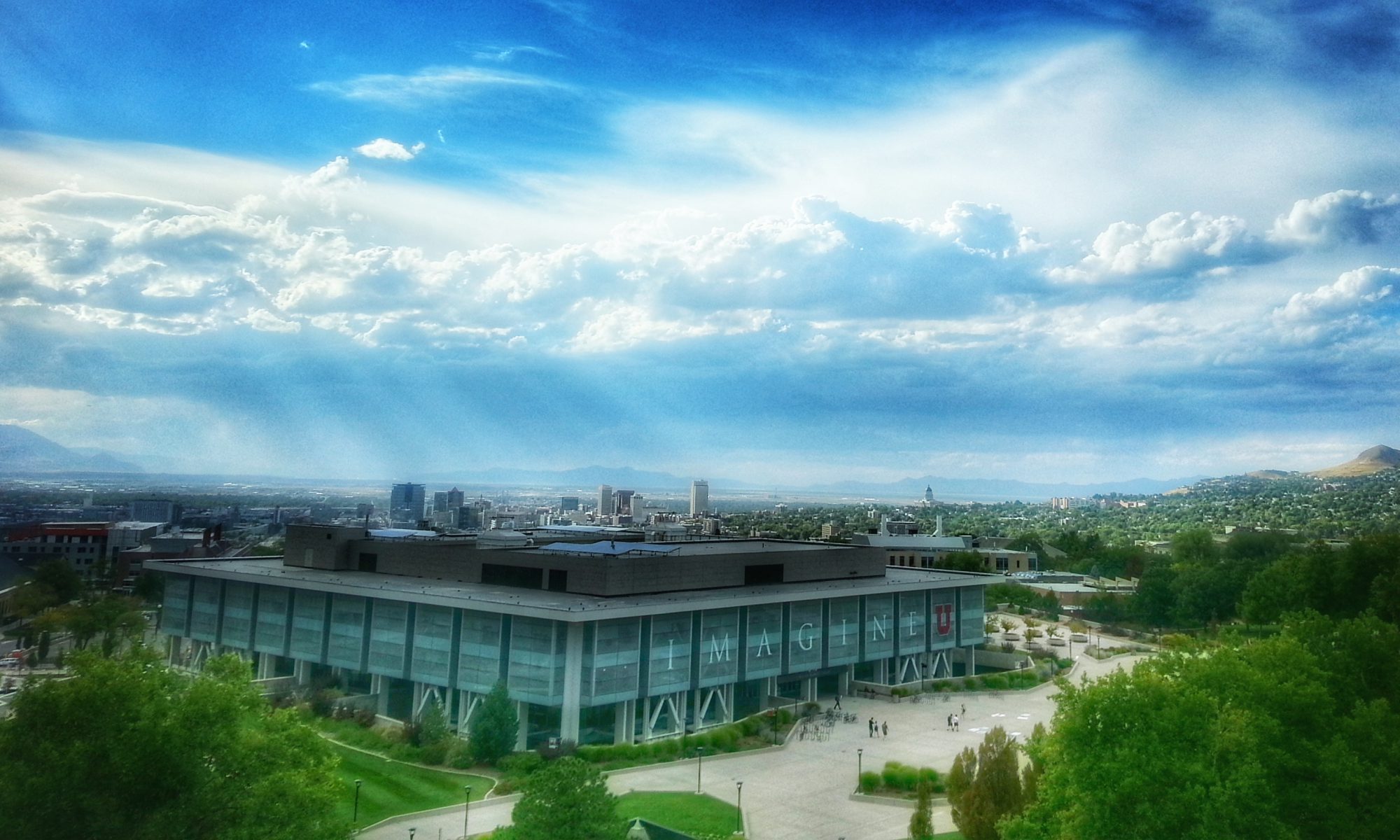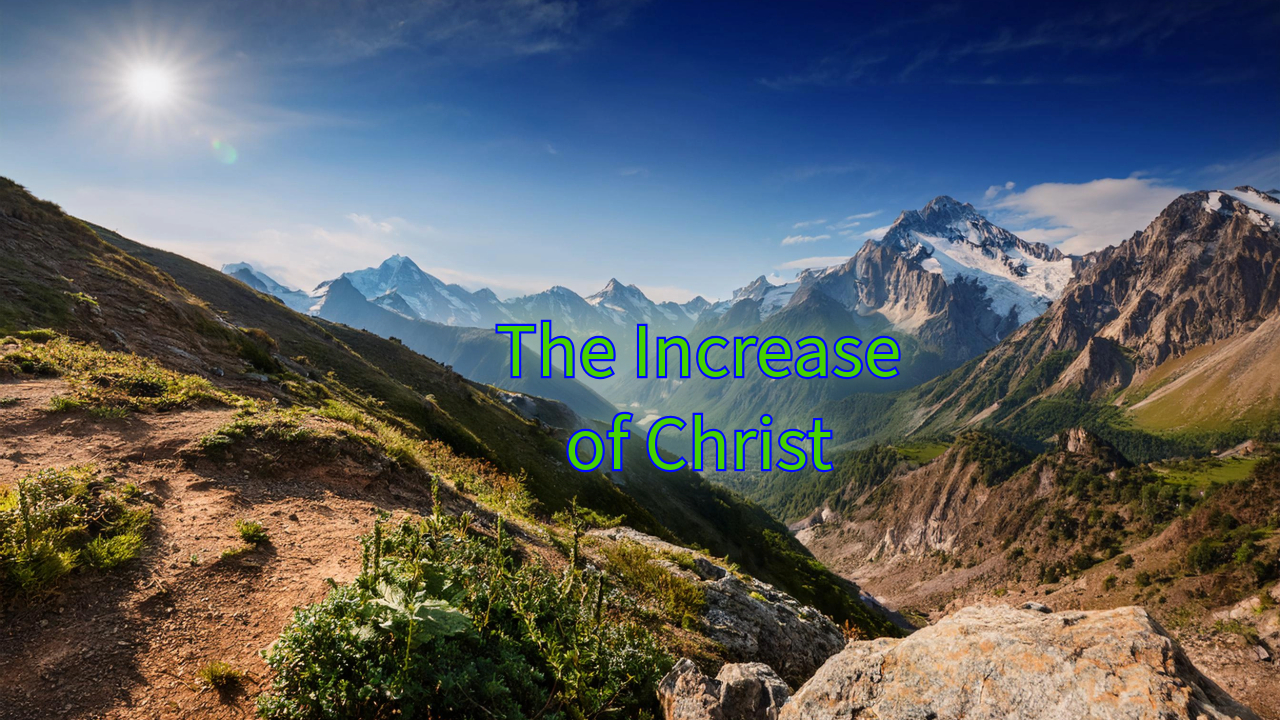LIFE MEETING THE NEED OF MAN’S EVERY CASE
The Need Of The Immoral –
Life’s Satisfying (1)
Verses:
John 4:3-14
3 He left Judea and went away again into Galilee.
4 And He had to pass through Samaria.
5 So He came to a city of Samaria called Sychar, near the piece of land that Jacob gave to Joseph his son;
6 And Jacob’s well was there. Jesus therefore, being wearied from the journey, sat thus by the well; it was about the sixth hour.
7 There came a woman of Samaria to draw water. Jesus said to her, Give Me something to drink.
8 For His disciples had gone away into the city to buy food.
9 The Samaritan woman then said to Him, How is it that You, being a Jew, ask for a drink from me, who am a Samaritan woman? (For Jews have no dealings with Samaritans.)
10 Jesus answered and said to her, If you knew the gift of God and who it is who says to you, Give Me a drink, you would have asked Him, and He would have given you living water.
11 The woman said to Him, Sir, You have no bucket, and the well is deep; where then do You get this living water?
12 Are You greater than our father Jacob, who gave us the well and drank of it himself, as well as his sons and his cattle?
13 Jesus answered and said to her, Everyone who drinks of this water shall thirst again,
14 But whoever drinks of the water that I will give him shall by no means thirst forever; but the water that I will give him will become in him a fountain of water springing up into eternal life.
Ministry Excerpts:
In this message we come to the case of the Samaritan woman in John 4. This case is the second of the nine cases. There is a great contrast between this case and that of Nicodemus in chapter three. Nicodemus was a moral, high-class man; the Samaritan woman was an immoral, low-class woman. The first case sets forth a man with superior attainments while the second sets forth a woman with dishonorable behavior. The man was a Jew whereas the woman was a Samaritan. The Jewish religion was very sound, proper, real, and genuine, but the Samaritan’s religion was false and very decadent.
What is man’s second need? What is his need following regeneration? The second need is satisfaction. In chapter three the problem is that man is void of the divine life. Regardless of how good or superior you may be, it means nothing as far as God’s eternal purpose is concerned. As long as you have not been regenerated, you are void of the divine life. You only have human life. The human life is simply a vessel to contain the divine life. If you do not have the divine life, you are void. You are just an empty vessel. Although your human life may be wonderful, you do not have the divine life. The divine life is God Himself. You need this divine life to fill you up as your content. Your human life is a container to contain this divine life. When this divine life is within you, it becomes your content. As your content, it will also be your satisfaction. Before we were saved, we all had the experience of being empty. Regardless of our success or attainments, there was a continual emptiness within, the sensation of having no satisfaction. Whether we were good or bad, we were empty. Although we had the container, the vessel, we did not have the content. We were empty. Young and old, rich and poor, high and low—all are empty. One day we received the Lord Jesus. We not only obtained God’s salvation, but we also received the divine life, which immediately became our content. Now we have satisfaction. Therefore, following the case showing the need of regeneration, we have a case showing genuine satisfaction. Nothing can satisfy man except Christ Himself. As long as Christ is not the satisfaction of our human life, nothing can satisfy us. There is no satisfaction apart from Christ. As human beings, we always feel thirsty; only Christ can quench our thirst.
A THIRSTY SAVIOR AND A THIRSTY SINNER
We need to pay close attention to 4:4. “And He had to pass through Samaria.” The key word in this verse is “had.” Undoubtedly, this Samaritan woman had been foreknown and predestinated by God the Father in eternity past (Rom. 8:29). Certainly she had been given by the Father to the Lord Jesus (6:39). Such a low, mean, and immoral Samaritan woman was given to the Lord by the Father. Therefore, the Lord was burdened and went to Samaria to do the will of the Father. Later, He told His disciples, “My food is to do the will of Him who sent Me, and to finish His work” (4:34). The Lord went to Samaria to do the will of God, which was to find that immoral Samaritan woman. He was seeking her that she might become a worshipper of the Father. That one soul was worth the Lord’s going there purposely. According to history, no Jew would ever pass through Samaria. Samaria was the leading region of the northern kingdom of Israel and the place where its capital was (1 Kings 16:24, 29). Before 700 B.C., the Assyrians captured Samaria and brought people from Babylon and other heathen countries to the cities of Samaria (2 Kings 17:6, 24). From that time, the Samaritans became a people of mixed blood, heathen mixed with Jew. History tells us that they had the Pentateuch (the five books of Moses) and worshipped God according to that part of the Old Testament, but they were never recognized by the Jews as being a part of the Jewish people.
Although the Jews would never pass through Samaria, the Lord Jesus felt burdened to do so. He had to go there, not because it was necessary geographically, but because of the will of the Father. Because of the Father’s will, He had to go through that region. The Lord knew that at noontime an immoral woman would be at the well.
The point here is this: the Savior knows where the sinner is. He knows the sinner’s true situation. The Lord Jesus went to the well, sent all of His disciples away, and sat by the well, waiting until the woman came. If you look back into your salvation, you will realize that, to some extent at least, the same principle was operating. You did not go to heaven—the Lord came to you. He came down to the very place where you were.
While the Lord Jesus was waiting for the sinner to come, He was thirsty. Thus, in this second of the cases, we see a thirsty Savior and a thirsty sinner. You may think that you are thirsty, but your thirst is a sign that the Savior is thirsty. The Savior is thirsty for us, for, to Him, we are the thirst-quenching water. Do you realize that you are the thirst-quenching water to the Savior? It seems that the Savior is saying, “Nothing can satisfy Me except you. I have millions of angels in the heavens, but none of them can satisfy Me. I have come to the earth to seek the thirst-quenching water. You are the water.” You may be quite humble and say, “No, He is my living water. How can I be His thirst-quenching water?” Nevertheless, the Lord needs you, for without you He can never be satisfied.
At first, both the Savior and the sinner were thirsty, and the Savior was hungry. The sinner was thirsty and came to draw water in order to satisfy her thirst. The Savior was hungry and thirsty. He sent the disciples away to buy food that He might eat and He asked the sinner for a drink of water. Eventually, neither the Savior nor the sinner drank or ate anything, yet both were satisfied. This is wonderful! The sinner drank of the Savior, the Savior drank of the sinner, and both of them were satisfied. The disciples were surprised. When they returned with the food, they urged Him to eat, but He said, “I have food to eat of which you have no knowledge” (4:32). The sinner was satisfied with the Savior’s living water, and the Savior was satisfied with God’s will in satisfying the sinner. To do the will of God to satisfy the sinner is the Savior’s food. Oh, the Lord as the Savior was thirsty for you and me! One day He got us and was satisfied.
THE EMPTINESS OF RELIGION’S TRADITION AND THE FULLNESS OF LIFE’S LIVING WATER
In verses 9 through 14 we see the contrast between the emptiness of religion’s tradition and the fullness of life’s living water. The Samaritan woman asked the Lord Jesus, “Are you greater than our father Jacob, who gave us the well, and drank of it himself, and his sons, and his cattle?” (4:12). We see by this question that religion’s father is considered to be the greatest. The Samaritans thought of Jacob as the greatest. They took him as their grandfather, thinking him to be the greatest.
The Samaritan woman said to the Lord, “You have no bucket…where then do you get the living water?” (v. 11). This signifies that religion’s way is considered as the most prevailing. Although religion considers its way to be the most prevailing, yet religion’s “water” never quenches the thirst of religious people. This is proved by the Lord’s reply in verse 13. “Everyone who drinks of this water shall thirst again.”
God’s gift is greater than religion’s inheritance. Would you like to have Jacob’s well or God’s gift? What is God’s gift? If you say that God’s gift is Christ, that answer is not totally accurate. The divine life is God’s gift, for Romans 6:23 says that the free gift of God is eternal life. This divine life shall become in us a spring of water welling up into eternal life (v. 14). This divine life is much better than Jacob’s well.
The Lord Jesus said to the Samaritan woman, “Everyone who drinks of this water shall thirst again” (4:13). This statement is simple but its meaning is profound. The “water” here signifies the enjoyment of material things and the amusement of worldly entertainment. None of these can quench the thirst deep within man. However much he drinks of this material and worldly “water,” he shall thirst again. The more he drinks of these “waters,” the more his thirst is increased. For example, in education people like to have higher and higher degrees. After receiving a bachelor’s degree, they want a master’s, and after that, a doctorate. Others may desire to accumulate ten thousand dollars in a savings account, but after that, they want to have a hundred thousand, and after a hundred thousand, a million. The more you drink of the water of this earth, the more thirsty you become. Never try to quench your thirst with any kind of worldly water. Although the Samaritan woman had had five husbands and was living with a man who was not her husband, she still was not satisfied. Nothing could quench her thirst. Some sisters love clothing. However, no woman can be satisfied with any type of garment. After you purchase one, you will want a second and a third. If you have ten pairs of shoes, you will want to have fifteen pairs. Some women who have more than fifteen pairs of shoes still are not satisfied. This kind of “water” will never satisfy people. There is only one “water” that satisfies people for eternity—Jesus Christ. Christ satisfies today, tomorrow, and for eternity. He is ever new, ever fresh. He always satisfies. So, the Lord could tell the Samaritan woman that whoever drinks of the water that He gives will not thirst, for that water will become in him a spring welling up into eternal life. (Life-study of John, msg. 11)



